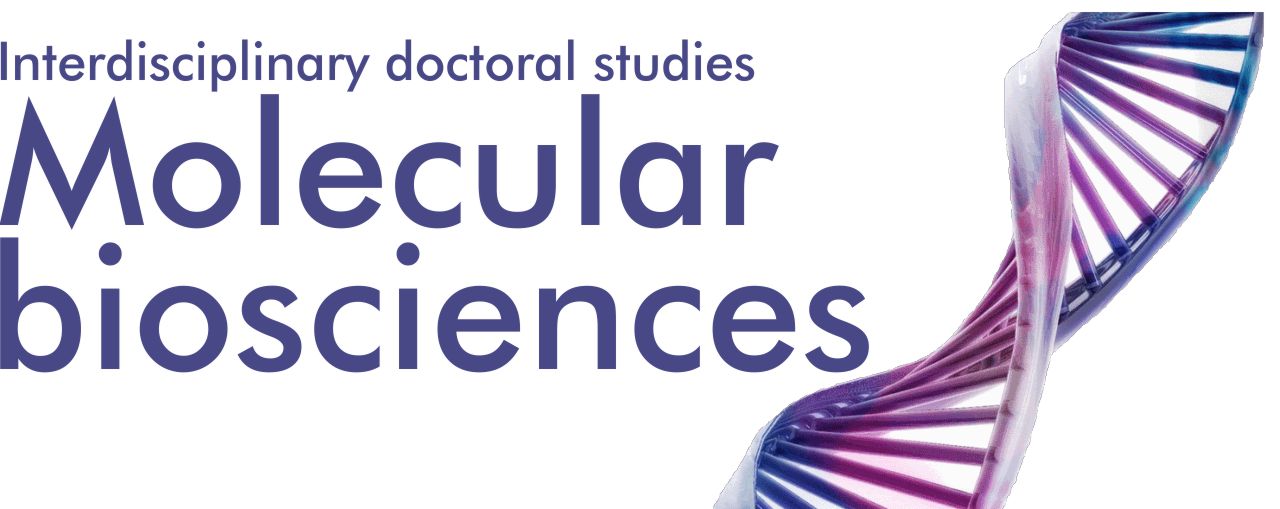| Cipher: | 2517 |
| Nomenclature: | Use of Mediterranean genetic resources of plants |
| Study programme: | Molecular biosciences |
| Module: | Plant biology |
| Case holder: | The headline doc.dr.sc. Goran Zdunić, senior zn. associate |
| Institution of the case holder: | |
| Contributors - Contractors: | |
| Subject status: | Electoral College |
| The year in which the case is submitted: | Year I |
| The semester in which the case is submitted: | Semester II |
| Subject objective: | To know the values, ways of use, technology and preservation of selected groups of Mediterranean plants in modern agricultural production. Master modern methods related to the assessment of the genetic diversity of the observed plants as well as for the analysis of terpenes, norisoprenoids and individual bioactive compounds. |
| Case contents: | Cultivated and wild plants in Mediterranean agriculture. Fundamental principles of biology and cultivation of certain Mediterranean cultures including taxonomy, morphology, physiology, distribution, domestication, reproduction, use and production systems. Molecular methods based on DNA polymorphism to assess genetic diversity. Genetic markers. The usable and breeding value of culture. Analysis of pathogenic and beneficial micrysms on Mediterranean crops that affect production properties. Instrumental methods (HPLC, spectrophotometry) of bioactive secondary plant metabolites including flavonoids and other phenolic compounds. |
| Learning outcomes: competences, knowledge, skills that the subject develops: | 1. Explain laboratory methods of analyzing the economic properties of Mediterranean crops. |
| ECTS Credits | 4 |
| Lectures | 5 |
| Seminars (IS) | 5 |
| Exercises (E) | 10 |
| Altogether | 20 |
| The way of teaching and acquiring knowledge: | regular attendance. |
| Ways of teaching and acquiring knowledge: (notes) | |
| Monitoring and evaluating students (mark in fat printing only relevant categories) | Attendance, Teaching activities, Mandatory seminar work |
| Rating method: | Oral exam, Essay/Seminar, Continuous examination of knowledge in the course of teaching, Practical work |
| Mandatory literature: | 1. Poljuha D., Malt B. (2013) The Mediteranean Gentic Code – Grapevine and Olive, InTech |
| Supplementary (recommended) literature: | 1. Zdunić G., Hančević K., Butorac L., Mucalo A., Radić T., Budić-Leto I., Leko M., Beljo J., Mandić A., Šimon S., Maletić E. (2015) Wild vine, ancestor of noble vines, research along krka and Neretva, Split, Institute for Adriatic Cultures and Karst Reclamation. |
| How to monitor the quality and performance performance (evaluation): | The success of the course will be assessed annually by the joint expert committee of the Rudjer Boskovic Institute, the University of Dubrovnik and the University of Josip Juraj Strossmayer in Osijek on the basis of the success of the exam and questionnaires on the adequacy of the content and performance of the lecturers filled in by students. |
